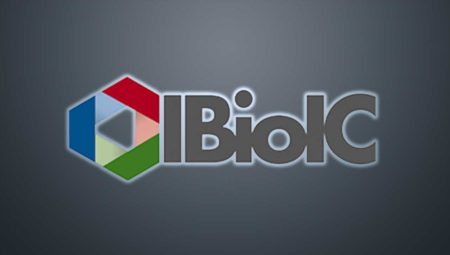It is estimated that by 2025, the UK industrial biotechnology market will be worth up to £12 billion and with the current rate of innovation and growth; it is easy to see how. Industrial biotechnology is changing the world, transitioning products and processes from being petro chemical-based to bio-based.
Everything we use in our daily lives can be reimagined using IB processes so that we are more sustainable, leading to reduced greenhouse gas emissions, energy consumption and waste generation. Some of the UK’s best-untapped resources for IB are carbon dioxide, agricultural wastes, municipal waste – heading to the landfill, seaweed and timber waste. It is because of these feedstocks and the high-level of academic expertise that the UK, and in particular Scotland, is attracting iningevestment from around the world.
Industrial biotechnology may be a little known industry, but there is clear impact for companies of all sizes. IBioIC’s membership includes 14 startups and spinouts, 42 SMEs and 17 multi-national corporations, as well as government departments and other business consultancies. In keeping with the multi-disciplinary nature of IB, the members include IB expertise from a wide range of industries, from food to pharma to materials. IBioIC supports their members by helping their ideas develop from concept to commercial reality.
100th member – Oxford Biotrans
IBioIC recently welcomed Oxford Biotrans as their 100th member to join the likes of GSK, Scottish Water and Ingenza. Oxford Biotrans is a University of Oxford spin-out company supported by over 20 years of research by Dr Luet Lok Wong from the Department of Chemistry. Founded in 2013, the company is working to develop and commercialise enzymatic process technology to yield high-value chemicals from natural sources. Their procedures are environmentally friendly – producing less chemical waste and using less energy than traditional methods. Their first product, natural-grade nootkatone, is a sesquiterpene, which is the flavour and scent of grapefruit and is used in food, beverage and cosmetic applications (including enhancing in non-citrus flavours).
For more information visit IBioIC.com.



